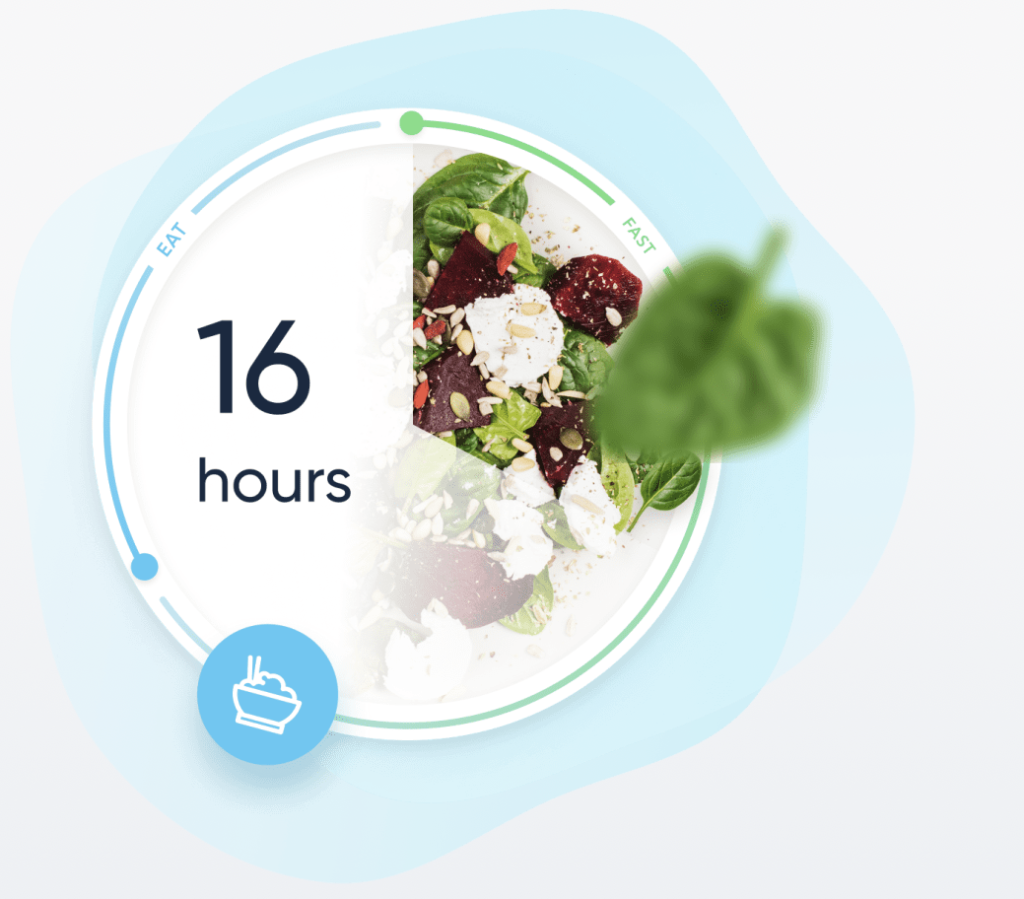By Rob Shaul
BLUF
Remote MTI Lab Rats who Intermittent Fasted 18 hour/day and Control Group Lab Rats both lost nearly the same amount of weight over a 3.5 week study period.
Average Weight Loss:
- Intermittent Fasting Group – 2.11%
- Control Group – 2.5%
Background
Intermittent Fasting has been promoted as a way to hasten fat loss. The purpose of this study was to test the weight-loss effect of Intermittent Fasting vs. a control group that shared the same menu and training plan for the entire 3.5 week study duration.
The menu was dictated for both groups and closely followed MTI’s Nutritional Guidelines: Protein first, no sugar, no bread, pasta, grain, no fruit, only vegetables that grow above the ground.
The training program was multi-modal and included assessed strength, a 1.5 mile run assessment, and complimentary work capacity/chassis integrity grinds.
Going into this Mini Study, I had two research questions:
-
- Would there be any significant weight Loss differences between the two groups (control and intermittent fasting)?
- Would there be any significant performance improvement differences (strength/endurance) between the two groups (control and intermittent fasting)?
- In general, does intermittent fasting make a difference in weight loss and/or performance?
Results/Discussion
See the chart below for results from this cycle:
In terms of weight loss – there was no significant difference between the two groups. The Intermittent Fasting Group averaged a 2.11% weight loss and the Control Group averaged a 2.5% weight loss.
Performance wise, the lab rats for both groups improved strength and endurance significantly based on assessed results.
The strength work in the plan was loaded and rep-based on a time limit – i.e. max rep kettlebell or dumbbell front squats @ 16kg/35# (for men) in 60 seconds. A simple density-based, percentage progression was used, and the strength events were re-assessed at the end of the cycle.
For endurance, a 1.5-mile run assessment was used, along with and assessment-based progressions.
Below are the overall average strength improvements (based on reps) for all the events, by group:
- Control Group – 43.4% Improvement
- IF Group – 31.7% Improvement
Below is the 1.5 Mile Run Improvement:
- Control Group – 7.0%
- IF Group – 4.0%
While it would appear that the Control Group improved significantly more than the IF Group from the results, because they’re so few Control Group lab rats (4) completed the study and just 11 overall, these differences are not significant.
So, does intermittent fasting make a difference in weight loss and/or performance?
The answer, based on this mini-study results, is no – and certainly not from a weight loss perspective.
In my own experience of Intermittent Fasting over 4 weeks I found often the schedule difficult to follow – especially in the mornings after training. Training fasted was not an issue (I train early in the AM), but then having to wait 3-4 hours until I could eat at 10 am became burdensome. I found myself starving by 10 am.
I tried altering the eating schedule from 9am – 5pm, but eventually, dropped the effort altogether.
These study results back up my decision. I’ve found that any nutrition plan which induces hunger eventually fails and Intermittent Fasting did for me. Thankfully, based on this study results, there’s no cost in terms of weight loss or performance improvement.
Next Steps
Next, I’m interested in the performance and weight loss effect of just eliminating all sugar (including fruit) from a diet. I’ll likely announce a mini-study to analyze this early in 2022.
Questions? Email coach@mtntactical.com
Comments? Please enter your comment below.
You Might Also Like MTI’s Big24 Strength Training Plan


